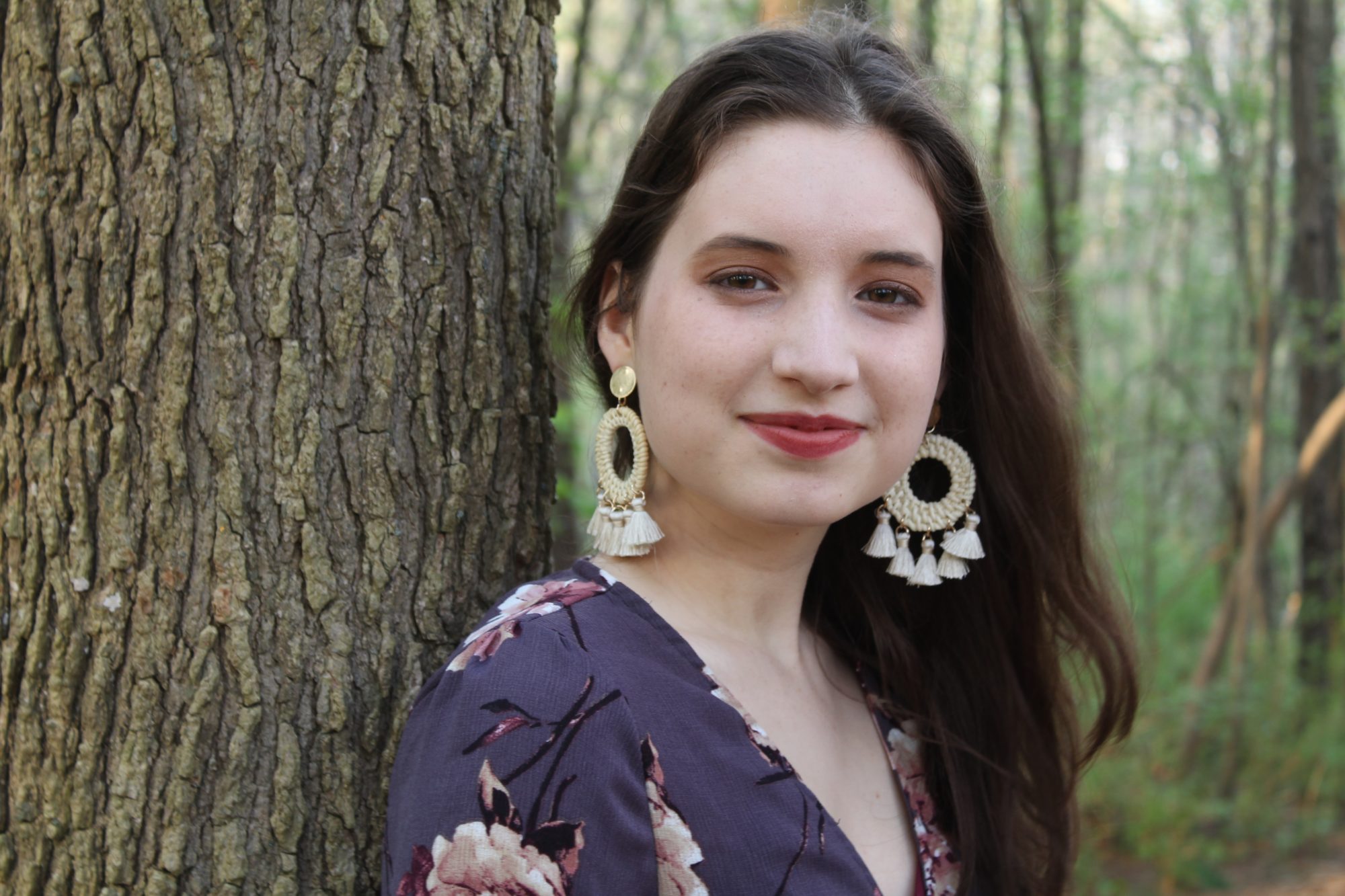
Many of us now may be feeling stuck, frustrated and helpless. When crisis strikes we normally spring into action to set the world upright so it falls apart only momentarily. But today, the pandemic sweeping the world is a crisis that for many of us, calls for inaction. The only thing we can do is stay in our homes and keep ourselves away from others, while we may feel powerless and uncertain whether the efforts of medical research and government mandates will be able to solve this crisis.
Techstars aimed to create a way for people from the security of their homes work together to tackle COVID-19. On the last weekend in April, Techstars hosted Startup Weekend Remote USA, a virtual startup weekend focused on tackling COVID-19 related challenges. The weekend, while giving people stuck at home an opportunity to meet others and actively engage with innovative ideas, could also create an environment for ingenious projects to gain enough momentum to turn into ventures to help the global pandemic.
When I first heard of the startup weekend, I thought it was a marvelous opportunity to fill an empty weekend with a high-energy project that would at the very least be conducive towards my own growth. I, along with so many others, have been feeling the fatigue of days being indistinct from each other and was excited to have an actual plan for the weekend. Just telling someone I wasn’t available because I had weekend plans was itself a thrill of excitement.
As the weekend started, it became quickly apparent that my wish to do something high-energy and purposeful would certainly not be lacking, particularly due to our dynamic and intensely driven Syracuse University LaunchPad team. The multi-faceted skills of Brian Kam, a Syracuse graduate currently working on the frontline of COVID-19 as a nurse, Miles Davis, founder of his company WYD, Matt Shumer, founder of his company VISOS, Sam Hollander, founder of his company FSOS, and David Adler, a videographer with over 40k view on YouTube, all combined to make a powerhouse team determined to design brilliance.
Staying up late the night before Startup Weekend even began, we worked tirelessly through the weekend to identify a serious COVID-19 related problem and a practical, viable solution. Identifying a problem was no challenge. From food supplies to mental health to the obvious medical crises, the problems resulting from COVID-19 are overwhelming and inflicted upon every member of society.
Our main challenge as a team was not just finding a solution that worked effectively but finding a solution that wasn’t currently being implemented. At first, we planned on a service that focused on the mental wellbeing of elderly populations during a time of isolation, but it became quickly apparent through customer discovery that such a service was not wanted and ample resources were already in place, such as support hotlines and ordering services, to help those who need it. Through the course of the weekend, we attempted to implement solutions focused on problems from contact tracing to food supply chains to fact-checking pandemic information.
The rapid succession of ingenious ideas created by my teammates was astonishing and I was ready to run full steam ahead on anyone of them. However, after doing deep research on each idea we thought of we discovered that it was already being implemented and developed by companies. We learned that is also part of the ideation and innovation process.
For example, we had the idea to use vocal biomarking, a fairly new method of discovering diseases by detecting changes in individual voices, to diagnose COVID-19. Currently, there are several companies developing apps to diagnose COVID-19 patients using this process of vocal biomarking.
The idea we finally settled on, using computing power of phones to conduct research to discover treatments for COVID-19, was an enhancement of a research initiative Folding@Home, to use distributed computing power from individuals’ personal computers. Our improvement was to develop and app that would unleash the power of mobile devices, adding greater capacity to the race to develop therapeutics.
We finally settled on our idea for Startup Weekend the evening before our final pitches were due. It was stressful and somewhat frustrating that we couldn’t think of any needed and not-yet-attempted ventures over the course of several days, but it ultimately made me realize what an extraordinarily innovative world we live in and how tirelessly people all over the world are working to fight COVID-19. We struggled with finding a venture to create simply because so much was being done already.
Our Startup Weekend work forced us to continuously pivot and recreate, but it meant that the world is relentless and indefatigable in its struggle to overcome a global pandemic.
The Startup Weekend experience showed me not only the incredible human ability to dream up solutions as shown by my teammates, but the hope and not fear we all should be carrying because of how fiercely people and companies all over the world are attacking COVID-19.
Editor’s note: The Blackstone LaunchPad powered by Techstars fielded a team to participate in Techstars Startup Weekend Remote USA – “Unite to Fight COVID-19” the weekend of April 24 – 26, 2020. The team’s solution was selected top ten in the east coast, and the team went on to compete in the national finals.
Personal reflection by Blackstone LaunchPad Global Media Fellow Claire Howard ’23